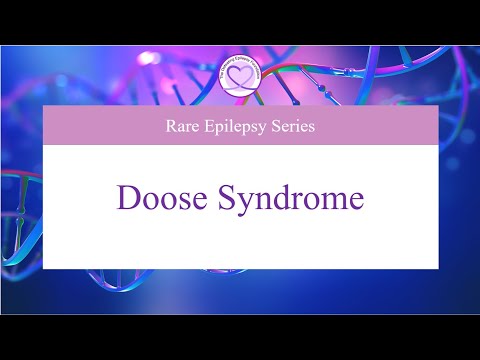CPSP Neurology Exams April 2025
Thu, 01 May 2025

Follow the stories of academics and their research expeditions

Doose syndrome (DS), is a rare developmental epileptic encephalopathy seen in the first 6 years of life.1-2 It presents with myoclonic and/or atonic seizures, and is comorbid with developmental delay, hyperactivity, behavioural regulation issues, sleep disorders, and ataxia.1 Polygenic genetic inheritance is the likely etiology.1 Interictal EEG shows 2-6 Hz generalized spike and wave or polyspike wave discharges with monomorphic theta frequencies in bi-parietal regions.2 Differentials include Lennox Gastaut syndrome and Glucose transporter type-1 deficiency syndrome.1 Antiseizure treatment with valproic acid, clobazam, and levetiracetam; and ketogenic diet is recommended.1-2 Prognosis varies, but spontaneous remission is reported in up to 50-89%.3
Thu, 01 May 2025

Sun, 23 Mar 2025

Leave a comment